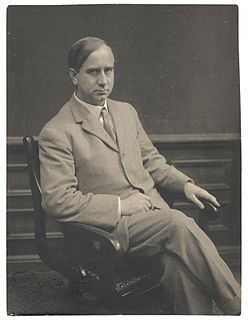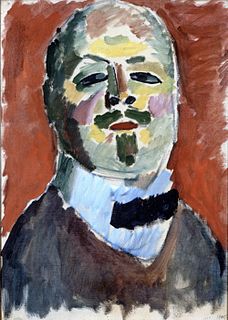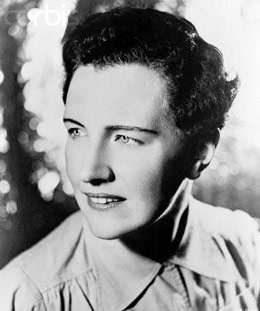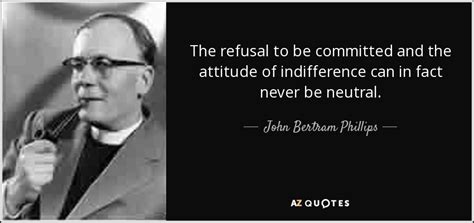A Quote by Charles Webster Hawthorne
In his attempt to develop the beauty he sees, the artist develops himself.
Related Quotes
And often he who has chosen the fate of the artist because he felt himself to be different soon realizes that he can maintain neither his art nor his difference unless he admits that he is like the others. The artist forges himself to the others, midway between the beauty he cannot do without and the community he cannot tear himself away from.
Everlastingly chained to a single little fragment of the Whole, man himself develops into nothing but a fragment; everlastingly in his ear the monotonous sound of the wheel that he turns, he never develops the harmony of his being, and instead of putting the stamp of humanity upon his own nature, he becomes nothing more than the imprint of his occupation or of his specialized knowledge.
He sees himself in his lover as if in a mirror, not knowing whom he sees, And when they are together, he too is released from pain, and when apart, he longs as he himself is longed for; for reflected in his heart is love's image, which is love's answer. But he calls it, and believes it, not love but friendship.
When the father dies, he writes, the son becomes his own father and his own son. He looks at is son and sees himself in the face of the boy. He imagines what the boy sees when he looks at him and finds himself becoming his own father. Inexplicably, he is moved by this. It is not just the sight of the boy that moves him, not even the thought of standing inside his father, but what he sees in the boy of his own vanished past. It is a nostalgia for his own life that he feels, perhaps, a memory of his own boyhood as a son to his father.
Trump has a mind that in many ways is always under duress, because he's always seeking to be accepted, loved. He sees himself as constantly victimized by others and by the society, from which he sees himself as fighting back. So there's always an intensity to his destructive behavior that could contribute to his false beliefs.
An artist is above all a human being, profoundly human to the core. If the artist can't feel everything that humanity feels, if the artist isn't capable of loving until he forgets himself and sacrifices himself if necessary, if he won't put down his magic brush and head the fight against the oppressor, then he isn't a great artist.
No man could bring himself to reveal his true character, and, above all, his true limitations as a citizen and a Christian, his true meannesses, his true imbecilities, to his friends, or even to his wife. Honest autobiography is therefore a contradiction in terms: the moment a man considers himself, even in petto, he tries to gild and fresco himself. Thus a man's wife, however realistic her view of him, always flatters him in the end, for the worst she sees in him is appreciably better, by the time she sees it, than what is actually there.
If you make a habit of sincere prayer, your life will be very noticeably and profoundly altered. Prayer stamps with its indelible mark our actions and demeanor. A tranquillity of bearing, a facial and bodily repose, are observed in those whose inner lives are thus enriched. Within the depths of consciousness a flame kindles. And man sees himself. He discovers his selfishness, his silly pride, his fears, his greeds, his blunders. He develops a sense of moral obligation, intellectual humility. Thus begins a journey of the soul toward the realm of grace.
A Christian should put away all defense and make no attempt to excuse himself either in his own eyes or before the Lord. Whoever defends himself will have himself for his defense, and he will have no other. But let him come defenseless before the Lord and he will have for his defender no less than God Himself.
The fact that labour is external to the worker, i.e., it does not belong to his intrinsic nature; that in his work, therefore he does not affirm himself but denies himself, does not feel content but unhappy, does not develop freely his physical and mental energy but mortifies his body and his mind. The worker therefore only feels himself outside his work, and in his work feels outside himself.
He is not simply looking into the mirror because he is transfixed by what he sees. Rather, the artist’s success depends as much as anything on his powers of detachment, on de-narcissizing himself… Freud… studied his own dreams not because he was a “narcissist,” but because he was a student of dreams. And whose were at once the least and most accessible of dreams, if not his own?








































